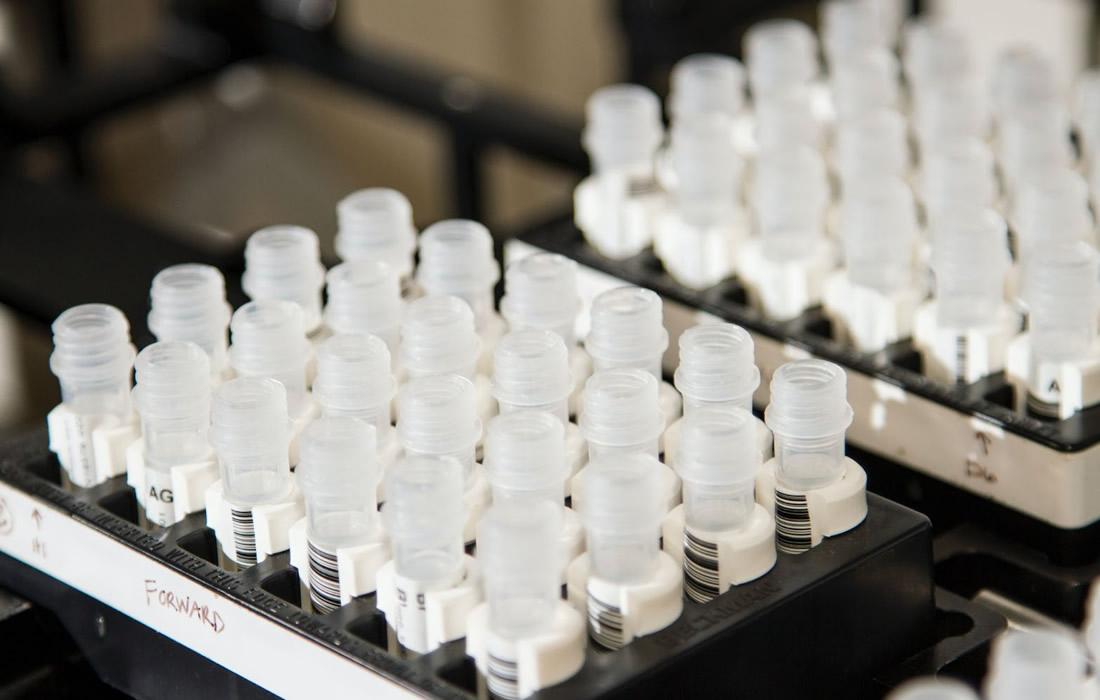Regenerative Medicine News and General Information
How a Newly Discovered Gene, NEK1, Has Been Linked to ALS Cases
ALS is a devastating neurodegenerative disease in which the upper and lower motor neurons in the brain and spinal cord dysfunction and die. It results in the loss of voluntary muscle movement, which leads to paralysis and eventual death.
Northwestern Medicine scientists have discovered for the first time how a mutated gene disrupts the function of the motor neuron and causes it to degenerate and die leading to ALS (amyotrophic lateral sclerosis).
The investigators found the mutation causes two problems in the neuron. The first is that it causes the structures supporting the axon in the neuron to become less stable and susceptible to collapsing.
The second problem the scientists discovered is that the mutation disrupts the ability of the neuron to import cargo in the form of RNA or proteins into its nucleus, a process called nuclear import. Without the import of RNA — which carries instructions from the DNA — and critical proteins, the operational role of nucleus for the cell’s function is disrupted.
A major unaddressed question in the field is whether ALS is one disease or a collection of genetically distinct smaller versions under the “umbrella” of the same clinical problems, said study lead author Evangelos Kiskinis.
“Our discovery of the same destructive mechanisms in other genetic forms of ALS — leads us to believe this is the same disease,” Kiskinis said. “This new awareness is critical to developing treatments and for designing optimal clinical trials targeting specific ALS patient populations.
The structural components of the nerve’s axon, which are destabilized in ALS, are microtubules. Kiskinis knew anti-cancer drugs such as paclitaxel, which target and stop the dividing of cancer cells, help stabilize the microtubules. So, the Northwestern team tested these anti-cancer drugs in ALS models of human neurons (made from ALS patients’ stem cells). The drugs stabilized the microtubules in vitro and restored the ability of nerve cells with the ALS mutation to function.
Kiskinis says it would be exceptionally challenging to use such anti-cancer drugs to treat ALS patients as they would likely have severe side effects, and a very narrow dose range as over-stabilizing microtubules can be toxic to neurons. However, the findings serve as proof of principle.
Kiskinis and his team are currently working on understanding more precisely how NEK1 regulates microtubules and nuclear import in human neurons. They also are developing approaches to increase the function of NEK1 to prevent the degeneration of the neurons in ALS.
Sources:
Jacob R. Mann, Elizabeth D. McKenna, Darilang Mawrie, Vasileios Papakis, Francesco Alessandrini, Eric N. Anderson, Ryan Mayers, Hannah E. Ball, Evan Kaspi, Katherine Lubinski, Desiree M. Baron, Liana Tellez, John E. Landers, Udai B. Pandey, Evangelos Kiskinis. Loss of function of the ALS-associated NEK1 kinase disrupts microtubule homeostasis and nuclear import. Science Advances, 2023; 9 (33) DOI: 10.1126/sciadv.adi5548
Northwestern University. “‘New’ ALS gene destabilizes neuron’s structure and chokes off its nucleus: How mutation in brain cell leads to ALS and offers path for drugs.” ScienceDaily. ScienceDaily, 16 August 2023. <www.sciencedaily.com/releases/2023/08/230816160003.htm>.
Images from:
Photo by National Cancer Institute
https://unsplash.com/photos/HMQtSQZHPZU

